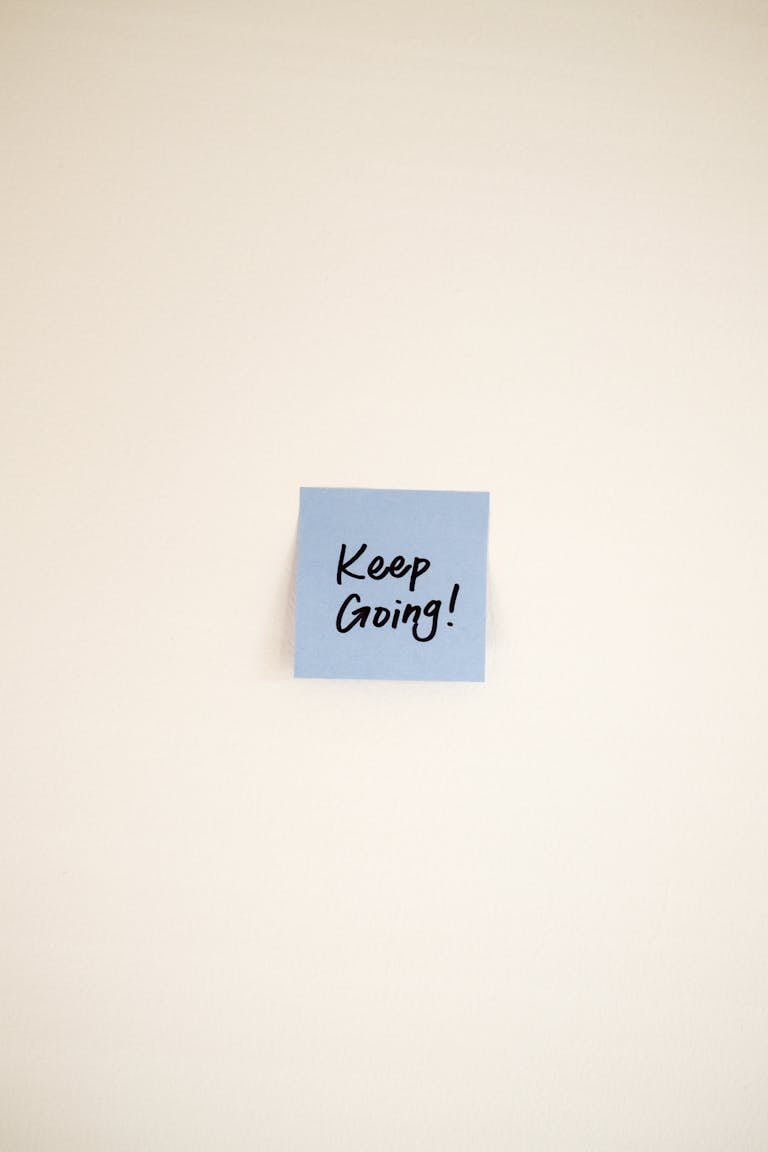Introduction
In today’s fast-paced, dopamine-fueled digital world, we’ve forgotten how to be bored. The second we pause, we reach for our phones, fill the silence, and scroll through endless noise. But what if boredom is actually your mind’s superpower waiting to be reclaimed?

1. Why We Avoid Boredom
We’ve been trained to fear boredom. It feels:
- Unproductive
- Uncomfortable
- Like a waste of time
But this constant need for stimulation comes at a cost: shallow focus, mental fatigue, and reduced creativity.
2. What Boredom Really Does for Your Brain
Boredom isn’t about doing nothing—it’s your brain’s way of asking for space. Here’s what boredom can do:
- Stimulates creativity: Without distractions, your brain starts daydreaming and problem-solving.
- Promotes mindfulness: You become more aware of your surroundings and thoughts.
- Restores mental energy: It acts like a reset button for an overstimulated brain.
3. Boredom Sparks Innovation
Think of your most brilliant ideas—chances are, they didn’t come while you were watching a TikTok. They came:
- In the shower
- During a walk
- Sitting in silence
That’s because downtime activates the brain’s default mode network—a state essential for insight and innovation.
4. How to Invite Boredom Back Into Your Life
You don’t need to sit in a blank room to benefit from boredom. Try this:
- Leave your phone behind during breaks
- Take a walk without earbuds
- Let yourself daydream instead of defaulting to social media
- Set ‘no screen’ hours in the evening
5. Boredom Builds Emotional Resilience
When we resist the urge to constantly distract ourselves, we develop:
- Patience
- Self-awareness
- Tolerance for discomfort
These are powerful tools for navigating real-life challenges without needing constant escape.
Q1: Isn’t boredom a sign of laziness or lack of drive?
Not at all. It’s a natural and necessary part of the creative process.
Q2: How long should I allow myself to be bored?
Even 10–15 minutes a day without stimulation can offer mental clarity.
Q3: I feel anxious when I’m bored. Is that normal?
Yes. That discomfort shows how dependent we’ve become on stimulation. With practice, the anxiety fades and clarity follows.
Q4: Can boredom help my kids too?
Absolutely. Unstructured time boosts creativity, independence, and emotional growth in children.
This week, resist the scroll. Next time boredom hits, pause. Let your mind wander. Trust that in silence, something powerful is forming—a deeper idea, a clearer direction, a truer you.

I’m EKBAL HOSSAIN MONDAL, the creator of SmartSolveTips.com — a blog dedicated to helping people improve productivity, avoid digital burnout, and live better online. With years of hands-on experience in self-development and digital wellness, I write practical tips and tools to help you stay focused and thrive in a fast-paced digital world.






